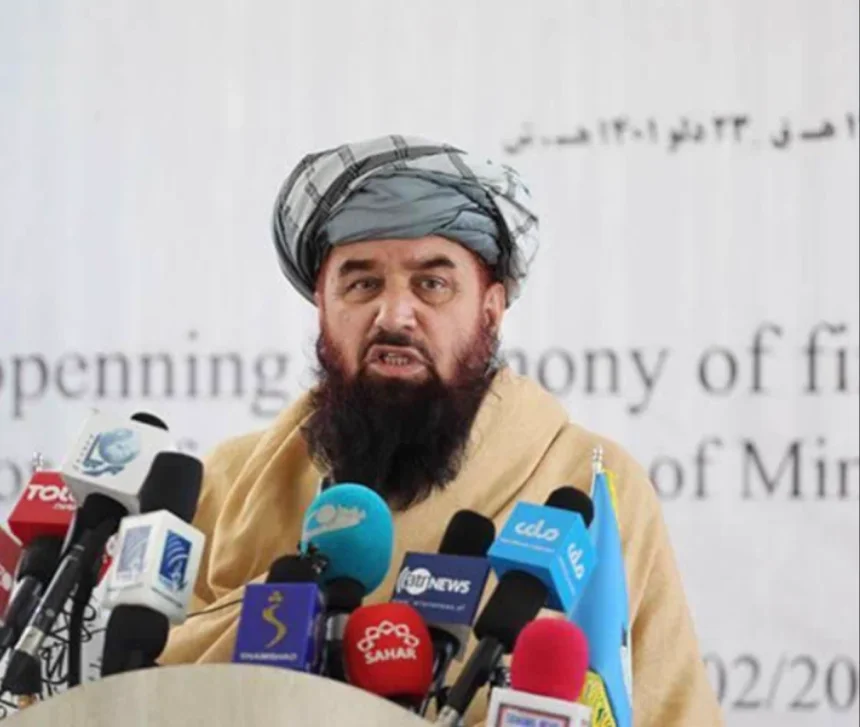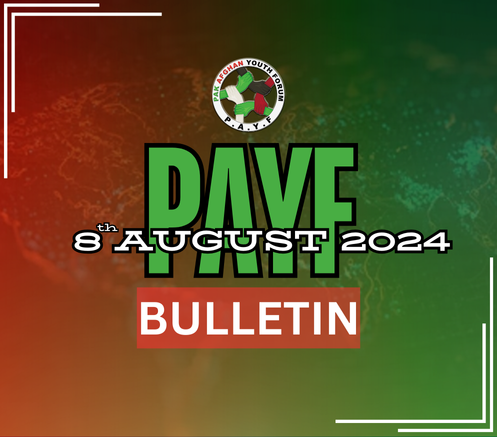Abdul Hakim Haqqani, the IEA’s Minister of Justice, has announced his resignation, citing systematic interference in his official duties. In a leaked audio recording, Haqqani stated that persistent obstruction within the administration has compelled him to step down. Despite his resignation not being formally accepted, he has declared that he will no longer report to work. Reports suggest that Haqqani has relocated to Dubai and has not attended his office in Kabul for several weeks. He allegedly left Afghanistan two weeks ago, joining a growing list of senior IEA officials who have recently traveled abroad.
The departure of the IEA’s Justice Minister underscores the growing discord within the administration, raising concerns over the regime’s ability to maintain internal cohesion.
Also See: Is the IEA’s Governance Steering Afghanistan Toward Isolation or Inclusion?
Among these high-profile departures is Abbas Stanikzai, who reportedly sought refuge in the UAE, and Sirajuddin Haqqani, the IEA’s Minister of Interior, who left for Saudi Arabia under the pretext of performing Hajj but has yet to return. Similarly, Mullah Baradar, the IEA’s Deputy Prime Minister for Economic Affairs, has been residing in Dubai for over a week. The exodus of key IEA figures coincides with deepening internal divisions, prompting speculation that these leaders are engaging with international actors while attempting to navigate mounting factional disputes.
In his resignation message, Haqqani delivered a scathing critique of the IEA’s governance, accusing the regime of entrenched corruption and widespread nepotism a rare public condemnation from within the ranks of the group. His departure unfolds against the backdrop of intensifying power struggles within the IEA, with several high-ranking officials openly accusing Supreme Leader Mullah Hibatullah Akhundzada of monopolizing authority and marginalizing other influential leaders.
This news is sourced from [RASC News] and is for informational purposes only.



